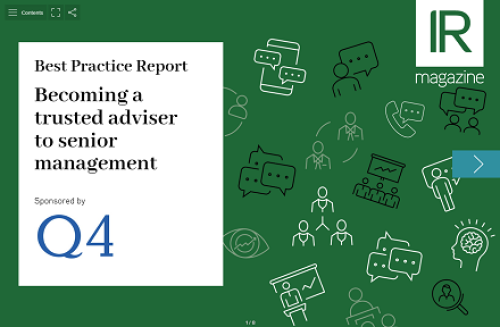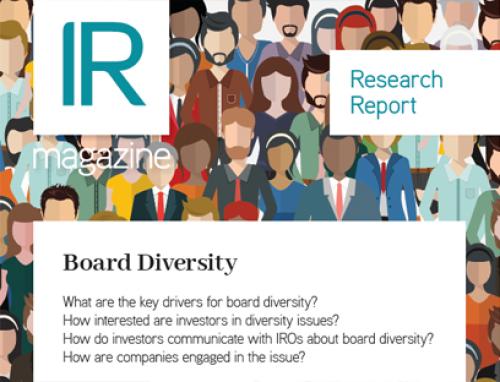Kate Hamilton-Baily offers guidelines on honing your approach
Many a book and blog has been written on how to perfect your interview technique but there is no perfect formula. As recruiters, meeting and interviewing people is our profession, putting us in a unique position to offer advice on fine-tuning your technique. These are our top tips.
Looking backwards: An interview process tends to explore what you have already done – the backwards bit – and what your approach would be to the role you are discussing, or the forward bit.
The backwards part can be competency-based: concrete examples of where and how you have done things before. It also tells the story behind the direction you have chosen to take your career.
Everyone has a story to tell so, through the medium of your CV, review each job you’ve ever had and ask yourself these questions about it:
• What did I inherit?
• What was the business strategy?
• What did I achieve?
• How did I/we achieve it?
• How did I develop the capability/responsibility of my team?
• What type of leader am I?
• What am I good at and where do I need to work harder?
Build mini-case studies you can talk about, clearly explaining the context, never assuming people know the details of the businesses you have worked in. Highlight your achievements with metrics, and explain what the challenges were.
But be wary of the big ‘I’: most mere mortals work within a wider team rather than in isolation so be clear about the role you played and where others contributed.
Motivation: As you progress through your career, how you achieve success will be as important as what you achieve. Think about why you want this role. What does it give you? A promotion, a bigger-scale business, a new sector, a wider remit? What will you bring to the business?
Read the job description – carefully: You need to really understand what the role entails as well as any future ambitions it may help you to achieve.
Do your research: If you are going to go for an interview, even if you aren’t 100 percent sure this is your dream job, make an effort to do your homework. The CFO and CEO you meet now are likely to be well-networked people: they might move businesses and reappear at another company, or get asked for recommendations of strong IROs. Know who you are meeting and make an effort to understand their business strategy.
Going forward: What would you do if given the role? Your research should allow you to demonstrate your strengths. The interviewer will figure out whether you are going to flourish within this business and you will figure out whether you want to. Cultural fit is very important.
The killer question: There is always a risk in hiring someone and the role being sought should represent some degree of stretch for you. Don’t be afraid of not having done something before and – importantly – don’t pretend to have done something if you haven’t. Do think about how you would approach it, though, and have the right kinds of questions prepared.
Be yourself: You are the person who will have to walk through the door on day one of a new job, so be the best version of yourself but – to use an often overused phrase – be authentic.
Ask for feedback: Do this with an open mind and be prepared to hear the good and the bad. For many reasons, brilliant people can have a bad interview, so do ask – and so reflect on it.
Kate Hamilton-Baily is a director in the London office of executive search firm Taylor Bennett










